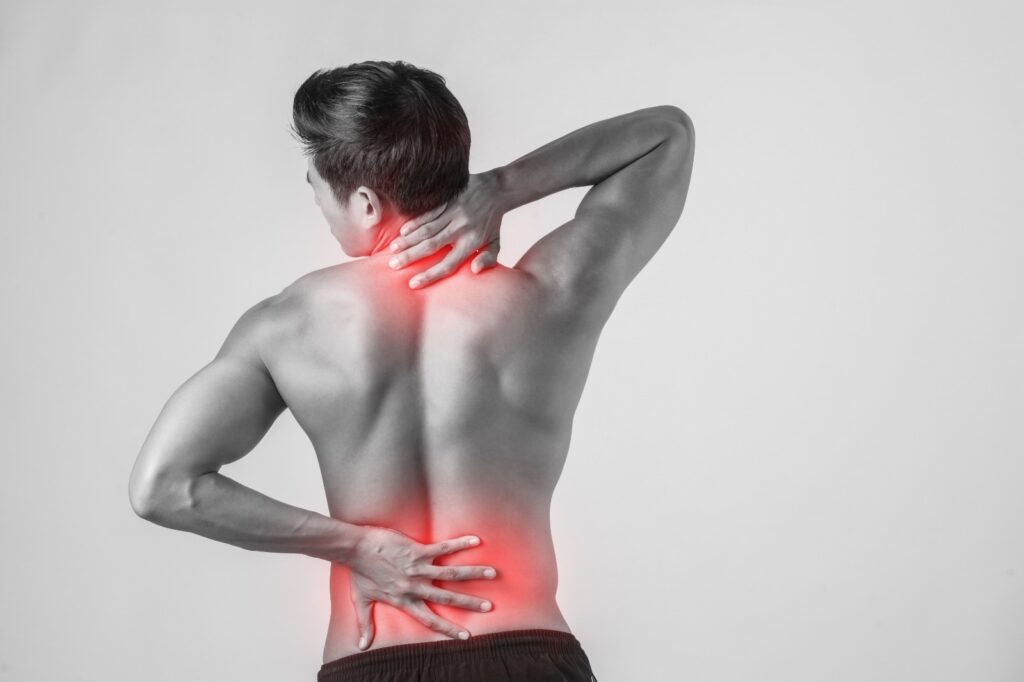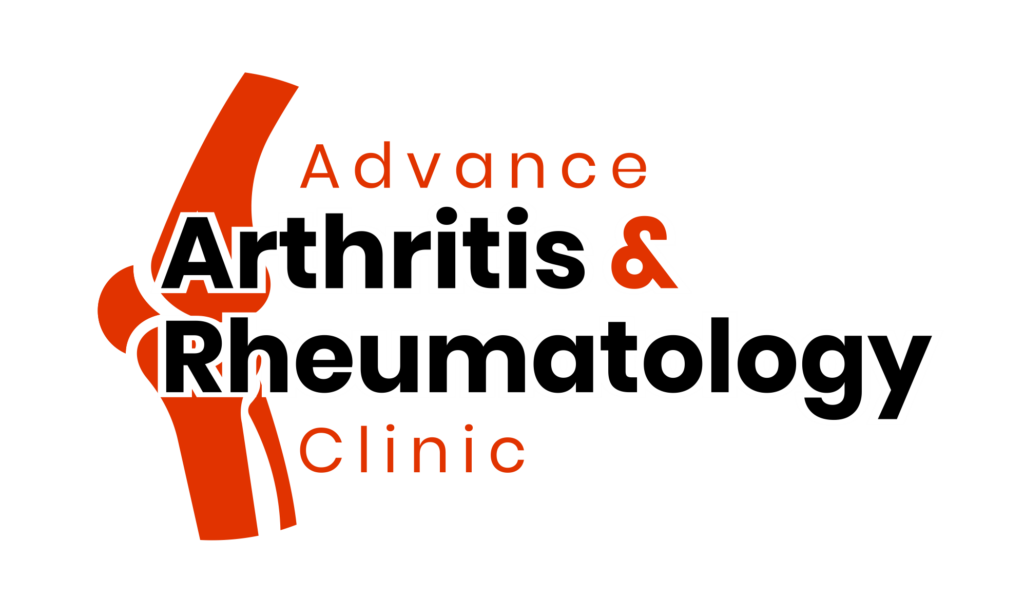Polymyositis
Polymyositis
Polymyositis is a rare autoimmune disease that causes muscle inflammation and weakness. The exact cause is unknown, but it’s thought to be related to the immune system attacking healthy muscle tissue. The condition can occur at any age, but it’s most commonly diagnosed in adults between the ages of 40 and 60.


Symptoms
The main symptoms of Polymyositis are:
-
Difficulty swallowing or breathing.
-
Fatigue and general weakness.
-
Joint pain and stiffness.
-
Shortness of breath.
-
Difficulty getting up from a seated position or climbing stairs.
Treatment
Treatment for polymyositis is focused on reducing inflammation and strengthening the affected muscles. This typically involves a combination of medication and physical therapy. Corticosteroids, such as prednisone, are commonly used to reduce inflammation, while immunosuppressant drugs may be prescribed to suppress the immune system. Physical therapy can help to maintain muscle function and prevent muscle loss, and assistive devices like braces or mobility aids may be recommended as needed. In severe cases, hospitalization and intravenous immunoglobulin therapy may be necessary. Regular follow-up appointments with a rheumatologist or other specialist are important to monitor the condition and adjust treatment as needed.
